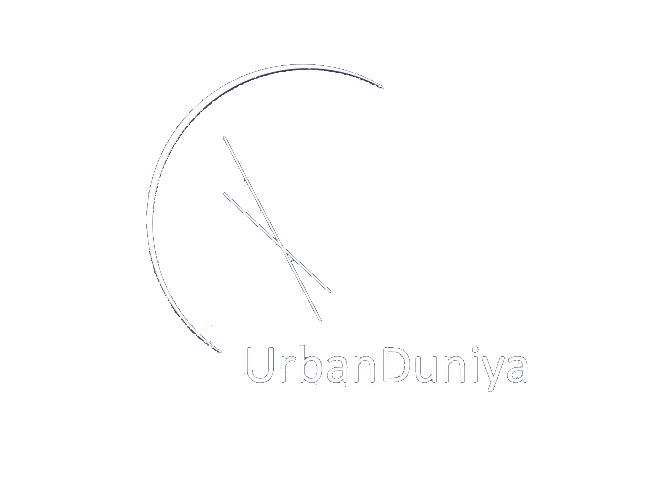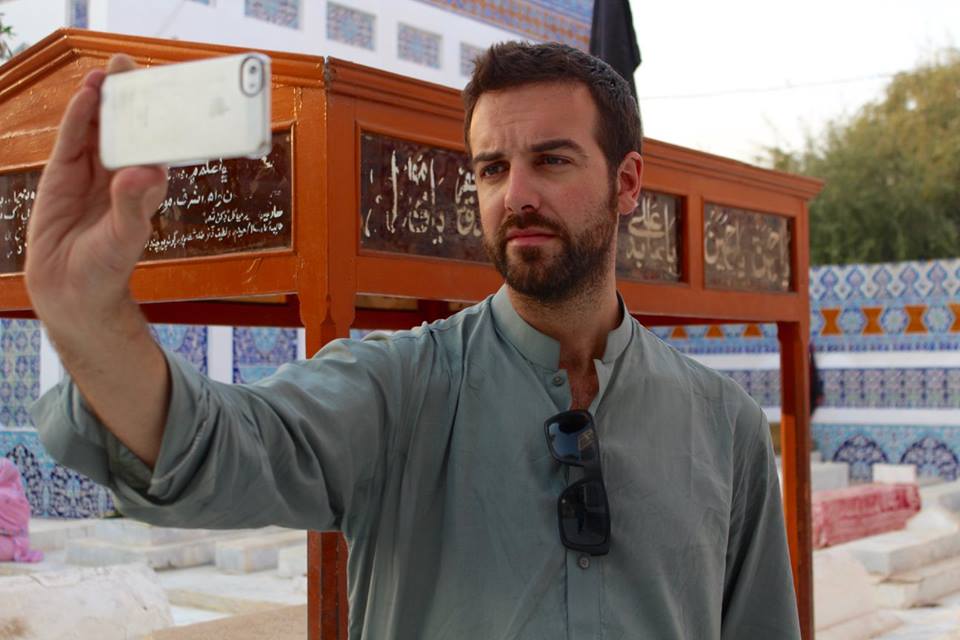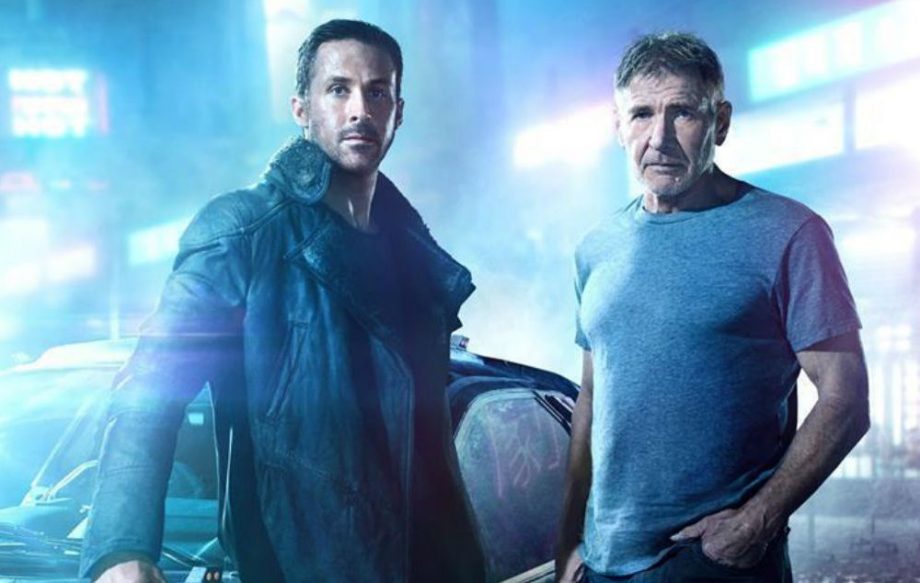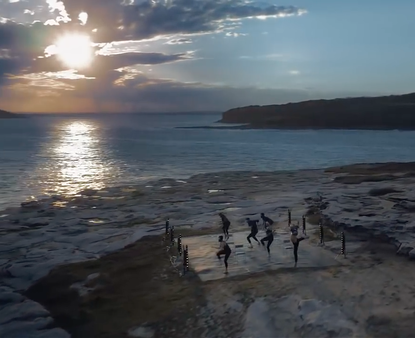While the results of yesterday’s election in Pakistan are still the subject of much conjecture, one thing is certain; Pakistani politics will never be the same again. The changes that have occurred in Pakistan over the past couple of months have been seismic, and the effect on Pakistani society will be lasting. The impacts of yesterday’s elections reach into the political, economic and social spheres, and while the effects are mostly positive, Pakistanis must be mindful of the dangers of the new paradigm which is being realised.
Obviously, if Imran Khan and the Tehreek-e-Insaf were to snatch victory it would represent a major shift in the direction of the nation. For the first time in Pakistan’s history, a third major political party has entered the fray and broken the duopoly held by PPP and PML-N for so long. That too, on Pakistan’s first civilian transition of power between parties. If, as has been widely reported, Nawaz Sharif and his PML-N party have been elected, then PTI has still shaken the nation to the core. They have still broken the duopoly of the two major parties, and have sent a decisive message to the PPP about their mismanagement of the nation over the past five long years. Additionally, it is historic that PPP were voted out in a landslide on the occasion of the first democratic transition – something the nation won’t forget for a long time.
Those who voted for PTI can find comfort in the fact that sitting in opposition, PTI will have the power to hold PML-N accountable for their actions. Even if Pakistan heads down the same route as it did under the two previous Nawaz administrations – one of cronyism and nepotism – at least Imran Khan will appear in an augmented position of political power to call the leader out on cases where things aren’t going right. In other words, better a PML-N – PTI split, than a PML-N – PPP split. Had Zardari, Bhutto and their collection of blood-suckers been elected, or even been the only viable alternative, then there really would be no hope left.
The important thing for Pakistan now however is to remain unified. Already, the Electoral Commission of Pakistan has admitted that they did not do a satisfactory job in parts of Sindh, particularly Karachi, in holding free and fair elections. This, combined with the spin-cycle of news and social media, is quickly escalating to a game of finger-pointing which will probably benefit no-one. While the elections undoubtedly didn’t have the integrity they should have had, they were certainly a positive improvement on the 2008 effort. Recent history has shown that in the age of social media, political speculation can gravely divide societies where rivalries are already bitter. Mudslinging from either side can sever friendships, split families and stagnate a country even further – look at the political scene in the Maldives since their transition to democracy, or the economic and social impact of the elections in Iran in 2009. What is needed now more than ever is unity; to make the government work and the nation survive, regardless of how sick it might be. The patient is in the emergency room, and what it needs now is cooperation, not procrastination, from its doctors. This is not to say that PML-N has carte blanche to do what they want, no should anyone who voted against Nawaz Sharif be compelled to change their opinion – but calls for violence against PML-N representatives and supporters will only hurt the nation.
What is encouraging about the groundswell of support for PTI is the fact that so much of it came from the young, educated, urbane middle class. If educated Lahoris, Karachiites, Islamabadis and Peshawaris are throwing their support behind Imran Khan, then it means that at least Pakistan has change written in its future. While this weekend’s election mightn’t have turned out the response they had hoped for, it gives an indication about the future of the country. The majority of Pakistanis are under 35 years of age and they (particularly the younger members of this cohort) are the political class of the future. They are largely educated, live in cities, are growing in numbers and will shape the Pakistan of the future. They have got the majority of their lives ahead of them, whereas Sharif and Zardari (and therefore Bilawal Bhutto, who remains under his father’s thumb) both remember a time when the country was divided into East and West. The people who voted for change are the ones who dream of a vibrant, cosmopolitan Pakistan, and their time will surely come, even if it has not come yet. They turned out in record numbers to vote for change, a sign of their keen interest in a Naya Pakistan, where the Quaid’s vision for the nation will be realised. Unless the events of the coming days and hours changes the course of history dramatically, the youth of Pakistan would do well to keep their eyes on the prize – because it is clearly within reach.
Ongoing information about election results can be found at Geo News’ website.




0 Comments